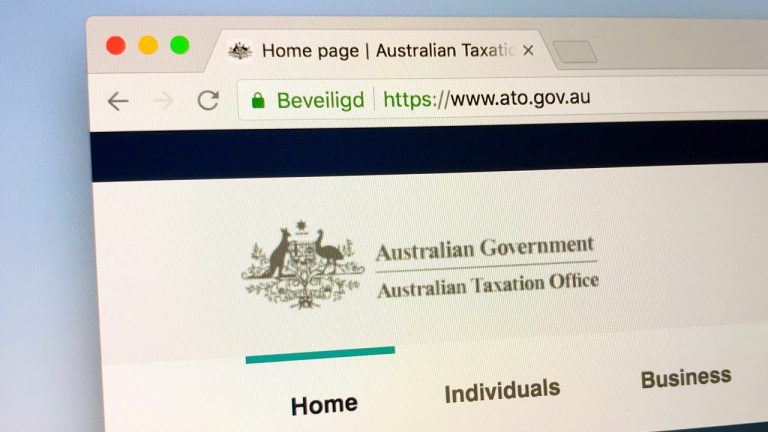ARTICLE AD BOX
Upbit, the leading South Korean crypto exchange, is under investigation for KYC violations during its license renewal process. The Financial Intelligence Unit (FIU) discovered over 500,000 cases of improper customer verification.
The violations have raised concerns about money laundering risks. The exchange’s ability to renew its license is now in jeopardy. Authorities are closely examining the full extent of the issue and its potential impact on the exchange future.
Major KYC Violations Found During Upbit License Renewal Process
Since the South Korea regulators, the Financial Intelligence Unit (FIU), started inspecting Upbit business license renewal applications in August, they’ve uncovered troubling violations. The KYC (Know Your Customer) process, a crucial measure to prevent money laundering, has reportedly been poorly executed.
According to a report by MK, over 500,000 accounts were flagged for failing to meet proper verification standards. These issues were primarily caused by blurred identification documents, which were submitted by users but still accepted. This raises concerns about Upbit’s commitment to maintaining regulatory standards.
The number of suspicious cases continues to grow as investigations proceed. The blurry IDs submitted by users, often with illegible names and registration numbers, were processed without proper verification. Such lapses not only undermine the integrity of the exchange’s KYC system but also leave the platform vulnerable to criminal activity. As the FIU delves deeper, the focus will be on how these violations will affect the platform’s future and its business license renewal.
The ongoing review will ultimately determine if Upbit’s license renewal is at risk, with potential fines and severe repercussions depending on the findings.
Regulatory Landscape and Future Outlook
The exchange is facing mounting pressure as its KYC violations threaten its license renewal. This scrutiny comes after Upbit faced an investigation for its dominant market position and ties to K-Bank, which further complicates its regulatory landscape. The ongoing investigation highlights the risks associated with unchecked growth in the crypto sector, leading to potential market instability.
In addition to the exchange’s ongoing issues, Radiant Capital (RDNT) is facing a trading suspension by the South Korea Digital Asset Exchange Association (DAXA). This move comes after the exchange failed to address security concerns following a recent breach.
DAXA has decided to halt RDNT trading, aiming to safeguard investors until the security issues are resolved. This action underscores the growing regulatory oversight in South Korea, where exchanges are facing heightened scrutiny to ensure compliance with financial regulations and protect users.
Coingape Staff
CoinGape comprises an experienced team of native content writers and editors working round the clock to cover news globally and present news as a fact rather than an opinion. CoinGape writers and reporters contributed to this article.
Disclaimer: The presented content may include the personal opinion of the author and is subject to market condition. Do your market research before investing in cryptocurrencies. The author or the publication does not hold any responsibility for your personal financial loss.
 1 week ago
12191
1 week ago
12191









 English (US) ·
English (US) ·